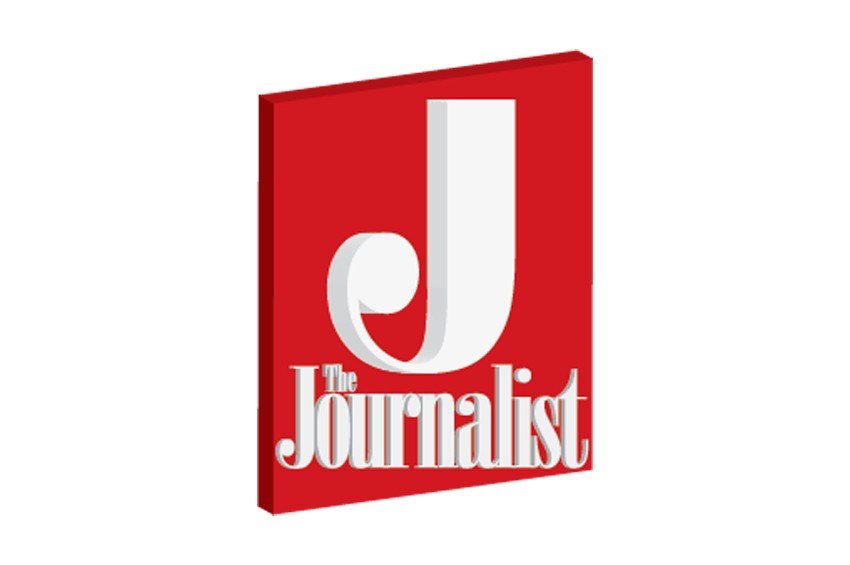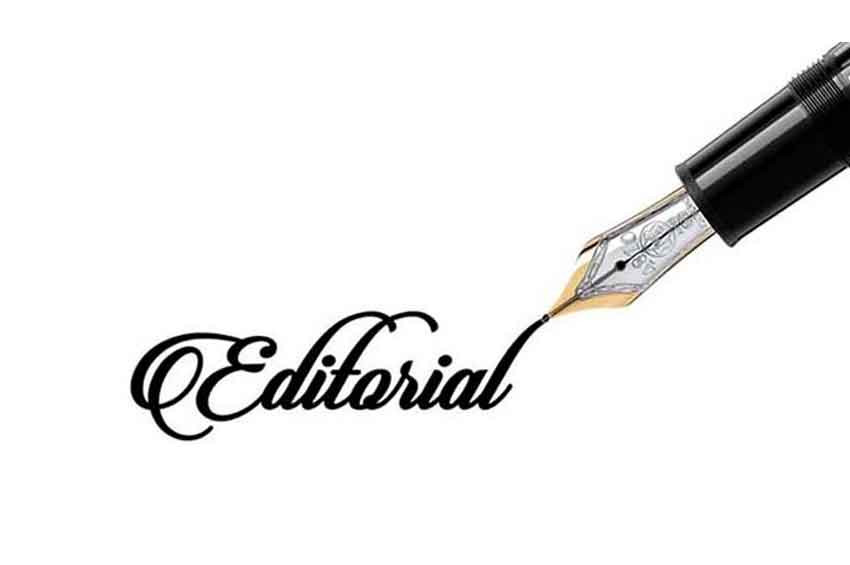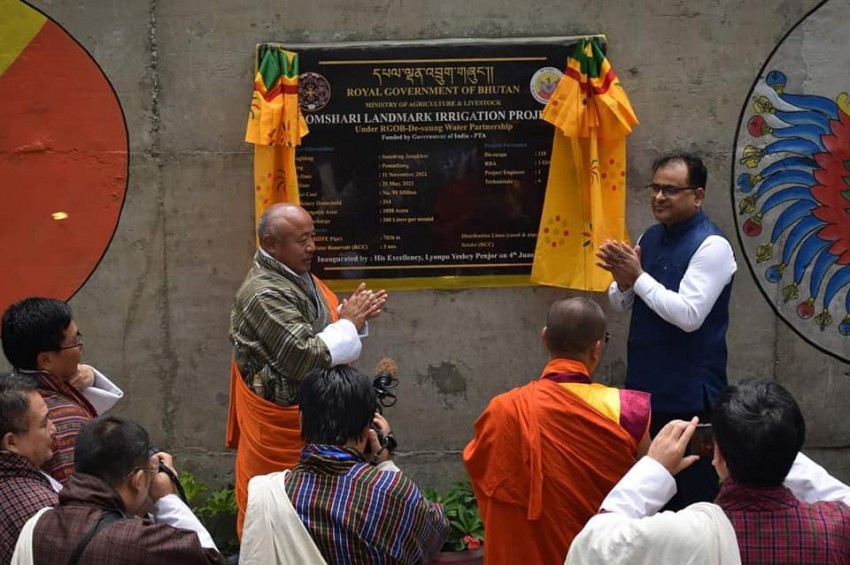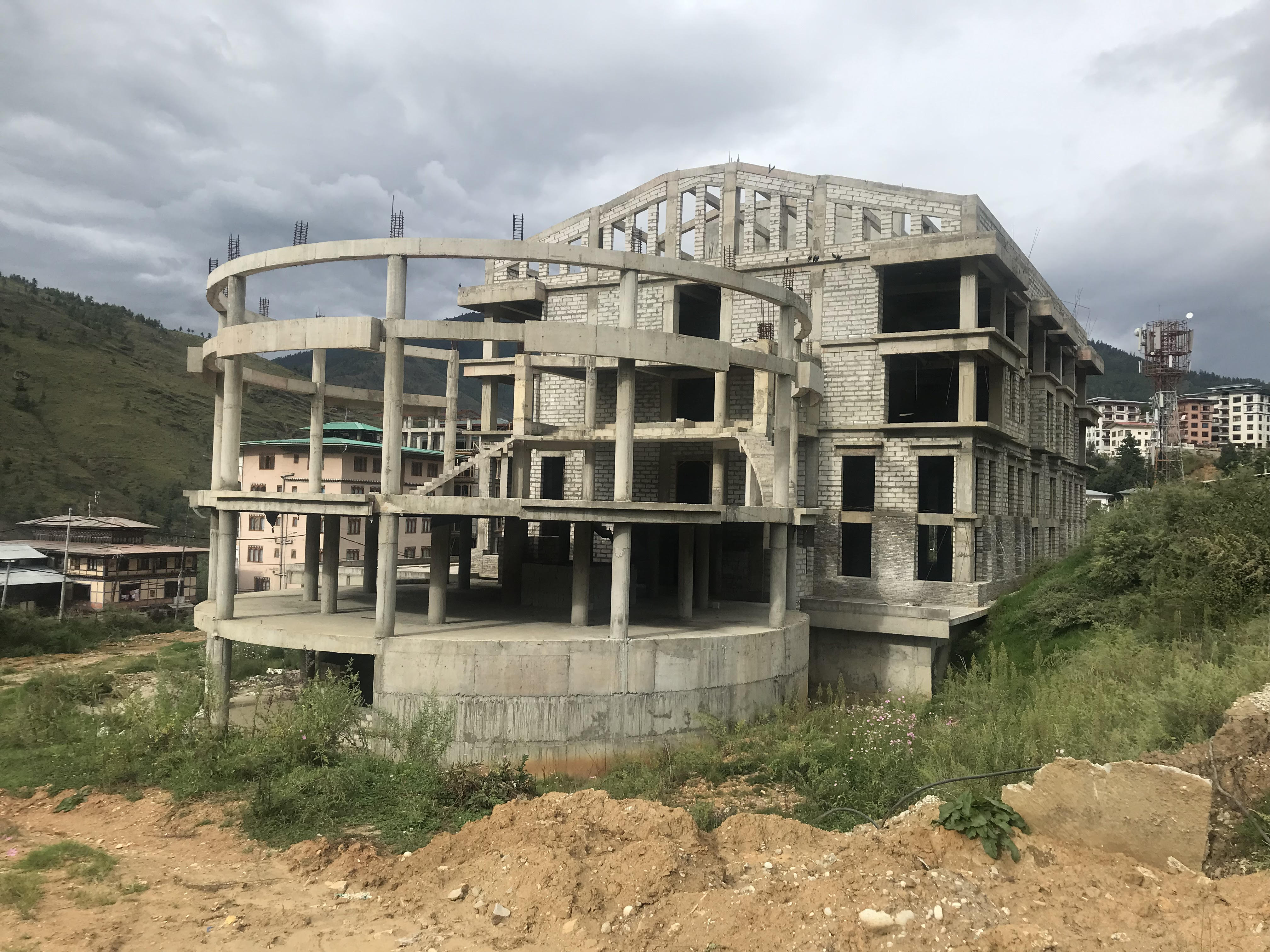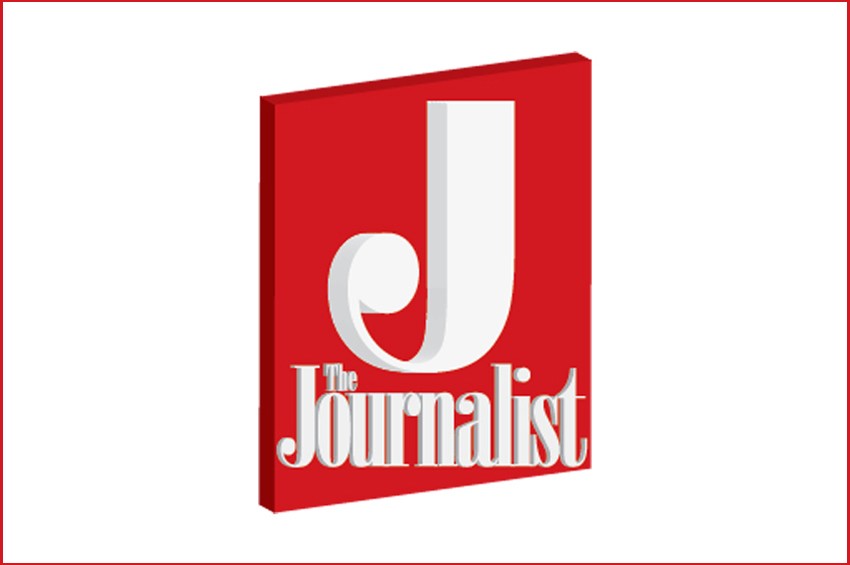Declining foreign reserves, increasing public debts and inflation, widening trade deficit and current account deficit are the result of macro-economic imbalance in the country. According to the local economists and analysts, prioritizing the country’s macro-economic stability is an urgent call.
The recent data with the central bank of Bhutan showed that the foreign currency reserve dwindled down to USD 850 M from USD 1.46 billion (B) in April 2021. The reserve amount is expected to last for about 14 if the country’s economy doesn’t pick up.
Thus, the Ministry of Finance (MoH) released a notification on August 18, 2022: ‘Moratorium on the import of vehicles’. The moratorium on vehicle import was released in order to uphold the constitutional provision of the country in accordance with Article 14, section 7 of the Constitution of the Kingdom of Bhutan.
The moratorium is implemented to ensure adequate foreign currency reserves for maintaining macroeconomic stability.
Bhutan imported over 8,600 vehicles last year. In the last six months 3700 vehicles were imported including two wheelers and heavy machineries.
Bhutan Trade Statistics showed that Bhutan imported vehicles worth 1.15B in March this year compared to Nu 1.13 B worth vehicles in March last year.
RSTA registered almost 122,000 vehicles as of MAY 2022 of which more than a half of the total vehicles are plying in Thimphu.
And about 169,509 driving license holders as of May 31, 2022.
The constitution states that “a minimum foreign currency reserve that is adequate to meet the cost of not less than a year’s essential import must be maintained”
The notification stated that the moratorium notice on vehicle import is released ‘most importantly to address the macroeconomic imbalances that the entire world is going through as an initiative towards protecting our foreign currency reserve.”
The import of vehicles subjected with the conditions will be suspended with immediate effect that is August 19, until further notice.
However, the notification also clarified that the government will still allow the import of utility vehicles, heavy earth moving machines and agriculture machinery.
“However, the government will allow importing utility vehicles costing less than Nu 1.5 Million (M) equivalent to USD 20,000, whichever is less.”
The government also stated that the vehicles for the use and promotion of tourism shall be exempted from this moratorium. The terms and conditions, types and number of vehicles to avail the exemption from this moratorium shall be submitted to the Tourism Council of Bhutan
According to the notification, ‘Taxis, both fossil and electric which are due for replacement shall be exempted from this moratorium.’
The moratorium shall be reviewed and amended whenever necessary in six months depending on the foreign currency reserve position.
“In this national endeavor, the Government calls upon every individual to collectively support the measures to strengthen our economy,” stated the Finance ministry’s notification
Vehicle bookings received after August 18 are not permitted.
Bhutan relies heavily on imports and its biggest trade partner being India, Indian currency is equally importable although it is not a convertible currency. As the Prime Minister during the parliamentary session claimed that the government might restrict the import of non-essential items as the country’s economy worsened.
Prime minister also mentioned that Bhutan spends about 10B on fuel import alone which makes one-fifth of Bhutan’s total import. With the increasing number of vehicles, the import bill on fuel naturally increases.
The prime minister also mentioned that the government sold off convertible currency to buy Indian Rupee to keep the economy afloat.
Global economy recession as a result of macro- economic imbalances contributed by sustained form of inflation due to rising price and food and energy. Similarly, Bhutan is also experiencing macroeconomic imbalances according to the finance minister.
Every country, be it developed, developing, emerging economy or under developed economy is facing a current account deficit.
Every individual should watch out what they consume when the country experiences macroeconomic imbalance. “Rationalizing imports at this point of time is everyone’s responsibility,” said the Finance minister.
Finance minister also stated that there are certain essential items the country cannot impose. “But we need to be watchful of luxury items and non-essential imports,”
Government and the stakeholders are also looking for strategies to make the country’s economy resilient and replenish the convertible currency reserve, not just to protect it from further drying up.
“The moment when you have an upward trend in terms of vehicle import, we also see the upward trend in fuel import, which is considered an essential commodity to keep the economy running,” said the Finance minister in an earlier interview.
Also, the value of the import in the first half of the year has exceeded the total imports in 2021 due to normalization of covid-19 protocols
The Ministry of Finance(MoF) in consultation with the expert teams from the Royal Monetary Authority (RMA), Ministry of Economic Affairs (MoEA), Druk Holding and Investments (DHI) are working on economic phase-wise contingency plan to address the macro-economy disruption.
The recent data with the central bank of Bhutan showed that the foreign currency reserve dwindled down to USD 850 M from USD 1.46 billion (B) in April 2021. The reserve amount is expected to last for about 14 if the country’s economy doesn’t pick up.
Thus, the Ministry of Finance (MoH) released a notification on August 18, 2022: ‘Moratorium on the import of vehicles’. The moratorium on vehicle import was released in order to uphold the constitutional provision of the country in accordance with Article 14, section 7 of the Constitution of the Kingdom of Bhutan.
The moratorium is implemented to ensure adequate foreign currency reserves for maintaining macroeconomic stability.
Bhutan imported over 8,600 vehicles last year. In the last six months 3700 vehicles were imported including two wheelers and heavy machineries.
Bhutan Trade Statistics showed that Bhutan imported vehicles worth 1.15B in March this year compared to Nu 1.13 B worth vehicles in March last year.
RSTA registered almost 122,000 vehicles as of MAY 2022 of which more than a half of the total vehicles are plying in Thimphu.
And about 169,509 driving license holders as of May 31, 2022.
The constitution states that “a minimum foreign currency reserve that is adequate to meet the cost of not less than a year’s essential import must be maintained”
The notification stated that the moratorium notice on vehicle import is released ‘most importantly to address the macroeconomic imbalances that the entire world is going through as an initiative towards protecting our foreign currency reserve.”
The import of vehicles subjected with the conditions will be suspended with immediate effect that is August 19, until further notice.
However, the notification also clarified that the government will still allow the import of utility vehicles, heavy earth moving machines and agriculture machinery.
“However, the government will allow importing utility vehicles costing less than Nu 1.5 Million (M) equivalent to USD 20,000, whichever is less.”
The government also stated that the vehicles for the use and promotion of tourism shall be exempted from this moratorium. The terms and conditions, types and number of vehicles to avail the exemption from this moratorium shall be submitted to the Tourism Council of Bhutan
According to the notification, ‘Taxis, both fossil and electric which are due for replacement shall be exempted from this moratorium.’
The moratorium shall be reviewed and amended whenever necessary in six months depending on the foreign currency reserve position.
“In this national endeavor, the Government calls upon every individual to collectively support the measures to strengthen our economy,” stated the Finance ministry’s notification
Vehicle bookings received after August 18 are not permitted.
Bhutan relies heavily on imports and its biggest trade partner being India, Indian currency is equally importable although it is not a convertible currency. As the Prime Minister during the parliamentary session claimed that the government might restrict the import of non-essential items as the country’s economy worsened.
Prime minister also mentioned that Bhutan spends about 10B on fuel import alone which makes one-fifth of Bhutan’s total import. With the increasing number of vehicles, the import bill on fuel naturally increases.
The prime minister also mentioned that the government sold off convertible currency to buy Indian Rupee to keep the economy afloat.
Global economy recession as a result of macro- economic imbalances contributed by sustained form of inflation due to rising price and food and energy. Similarly, Bhutan is also experiencing macroeconomic imbalances according to the finance minister.
Every country, be it developed, developing, emerging economy or under developed economy is facing a current account deficit.
Every individual should watch out what they consume when the country experiences macroeconomic imbalance. “Rationalizing imports at this point of time is everyone’s responsibility,” said the Finance minister.
Finance minister also stated that there are certain essential items the country cannot impose. “But we need to be watchful of luxury items and non-essential imports,”
Government and the stakeholders are also looking for strategies to make the country’s economy resilient and replenish the convertible currency reserve, not just to protect it from further drying up.
“The moment when you have an upward trend in terms of vehicle import, we also see the upward trend in fuel import, which is considered an essential commodity to keep the economy running,” said the Finance minister in an earlier interview.
Also, the value of the import in the first half of the year has exceeded the total imports in 2021 due to normalization of covid-19 protocols
The Ministry of Finance(MoF) in consultation with the expert teams from the Royal Monetary Authority (RMA), Ministry of Economic Affairs (MoEA), Druk Holding and Investments (DHI) are working on economic phase-wise contingency plan to address the macro-economy disruption.

